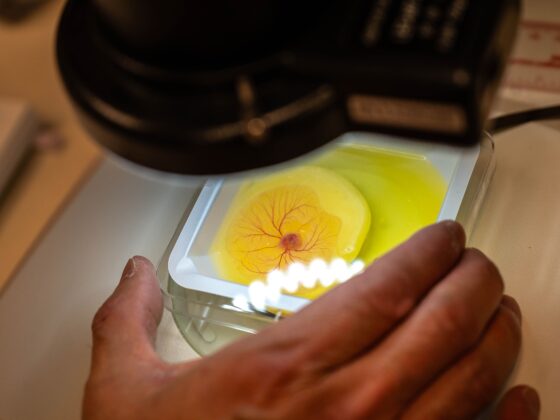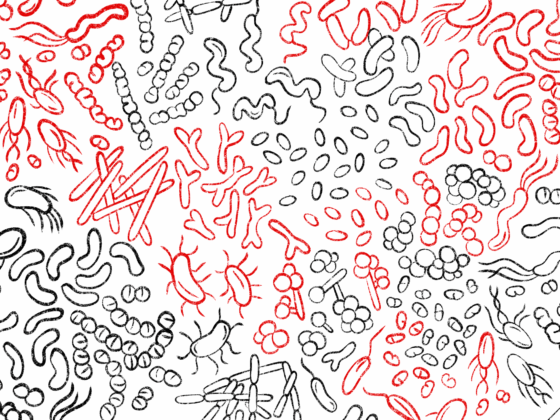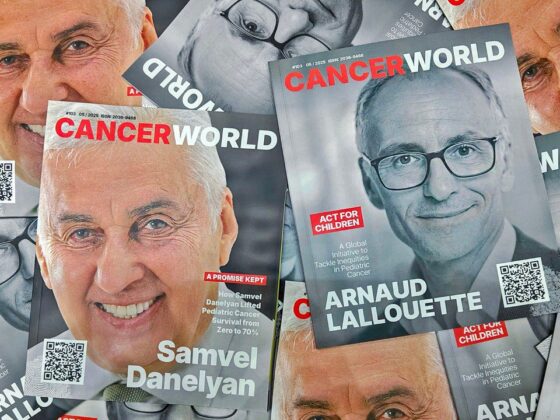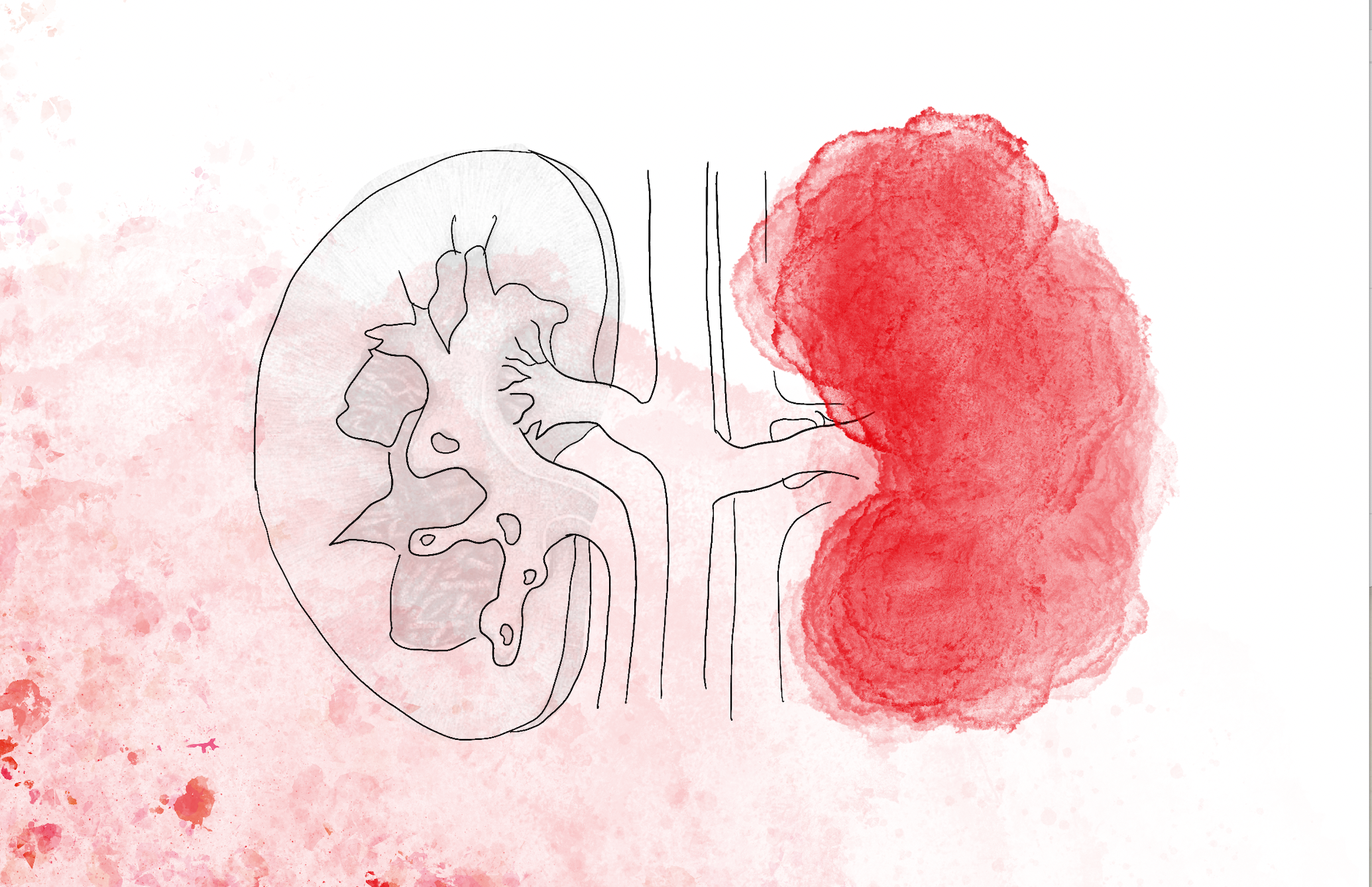A single prostate-specific antigen (PSA) measurement in midlife may help to personalise prostate cancer screening, resulting in a reduced risk of overdiagnosis and overtreatment of indolent cancers. The authors of the study just published in JAMA Network Open came to this conclusion after finding that in a cohort of nearly 11,000 man aged 55 to 60 years, baseline PSA level correlated with long-term risk of clinically significant prostate cancer.
This study is likely to re-open the debate about the utility of PSA measurement as a screening tool. Introduced in the 1990s, it enjoyed wide acceptance until recent years, when its significance has been called into question. “Until a more accurate biomarker is identified, PSA remains the best screening tool available for early prostate cancer diagnosis” stated Evan Kovac, urologist at Montefiore Medical Center (Bronx, New York) and first author of the article. “Therefore, it is imperative to improve the detection of clinically significant prostate cancer while minimizing overdiagnosis and overtreatment through a more nuanced approach to PSA screening.”
The study consisted in a secondary analysis of a cohort of 10,968 men aged 55 to 60 years enrolled in the Prostate, Lung, Colorectal, and Ovarian (PLCO) Cancer Screening Trial. The risk of being diagnosed with a clinically significant prostate cancer during 13 years of follow-up was lower among men with a baseline PSA level less than 0.49 ng/mL and higher among men with a baseline level more than 2.00 ng/mL. Of note, 83% of participants had baseline PSA levels less than 2.00 ng/mL.
“At a time when the concern regarding the overdiagnosis and overtreatment of indolent prostate cancer has led to intense scrutiny of the value of PSA levels as an effective screening tool, our data on the increasing risks associated with higher baseline PSA levels can be used to determine the optimal prostate cancer screening strategy for individual patients – Kovac explained – The low 13-year actuarial risk of a clinically significant prostate cancer diagnosis in middle-aged men with a baseline PSA level less than 2.00 ng/mL suggests that men younger than 60 years with PSA levels of 1.00 to 1.99 ng/mL can undergo less intensive screening than men with higher baseline PSA levels. Men with baseline PSA levels less than 1.00 ng/mL may wish to discontinue screening.” Data from this study may be used to inform patients for shared decision-making.










